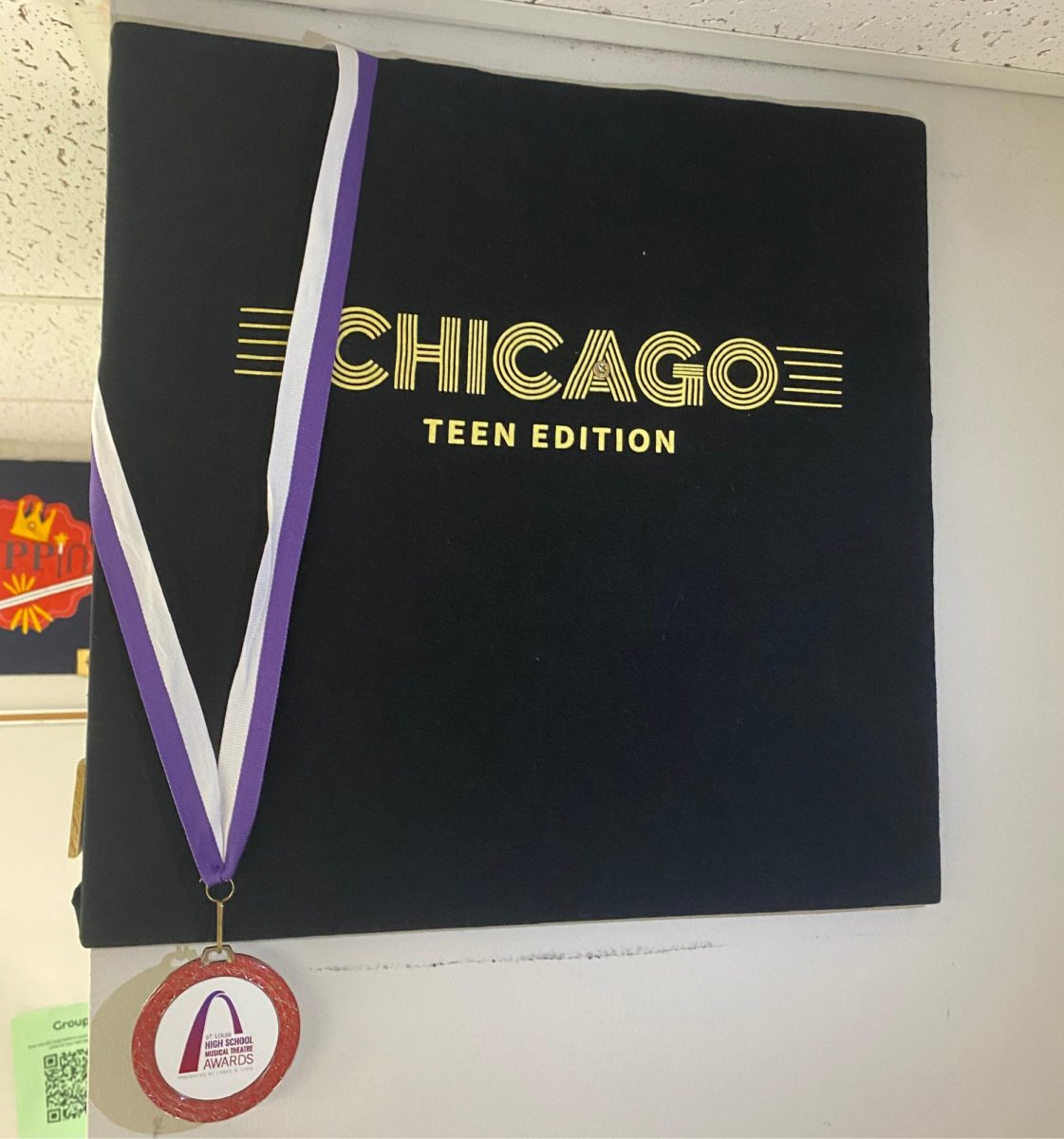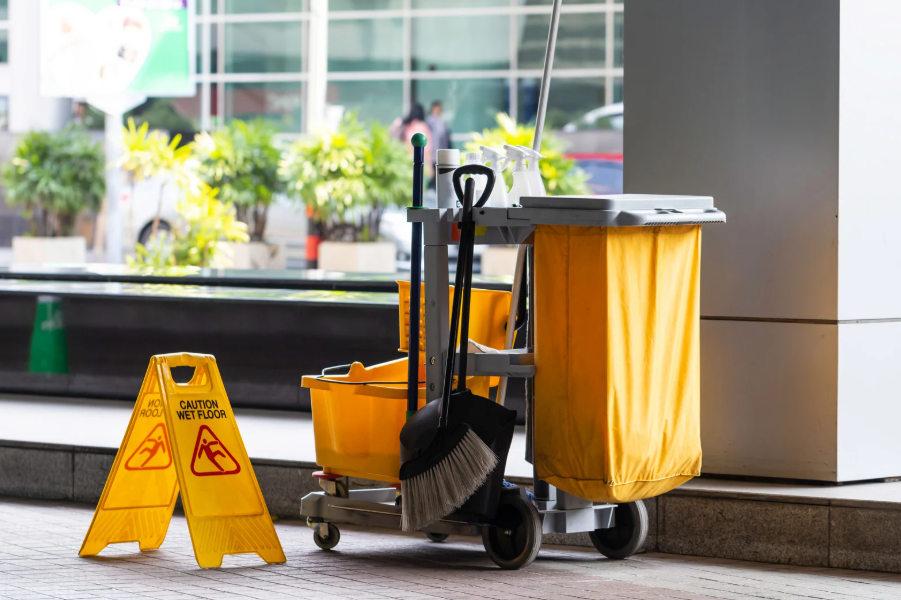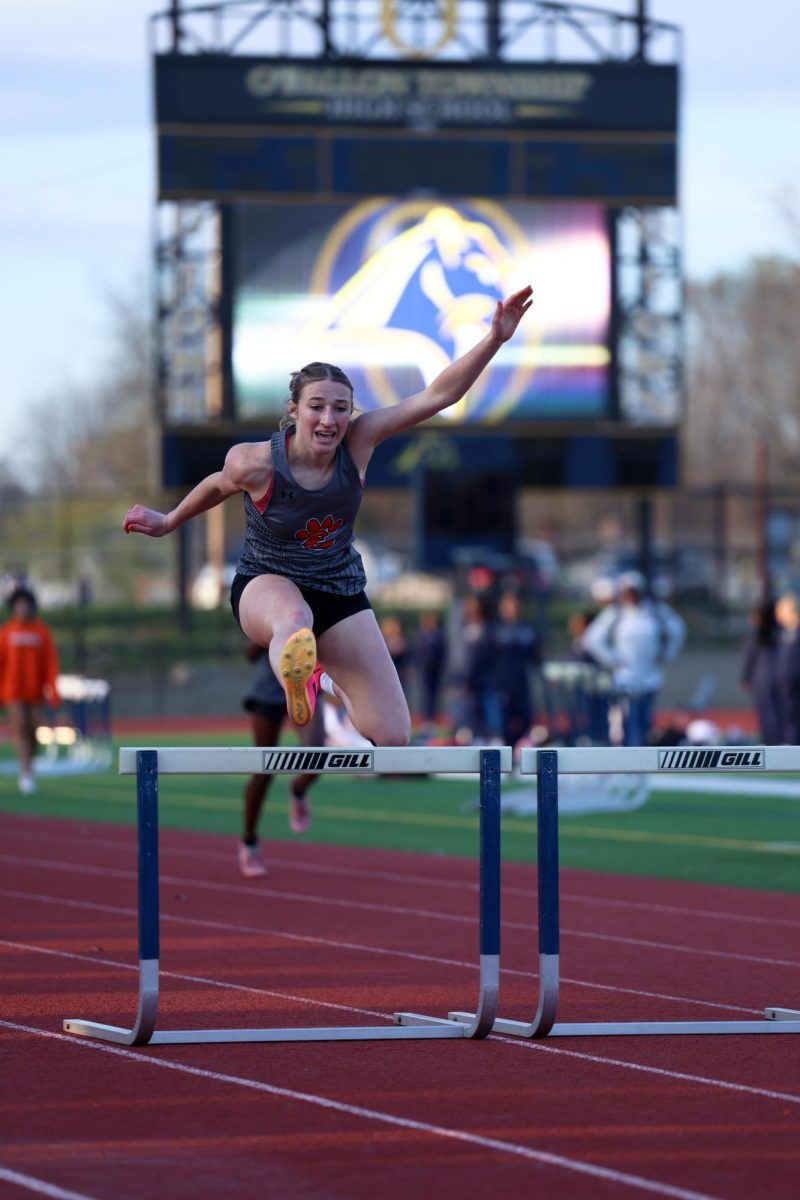Sleepless Nights: Shedding Light on the Plight of the Drowsy Teenager
September 14, 2017
Late to bed and early to rise does not make a high schooler healthy and wise.
It’s no secret that many EHS students are shameless night owls. They fit homework, sports, clubs, volunteering, entertainment and more into their busy schedules, and it’s hard to keep up. Unfortunately, some resort to late night studying, which can be detrimental to a teenager’s health.
Senior Jason Pan is in four Advanced Placement classes, and is involved in Math Team and Tennis in the spring. He says his AP English class in particular is the most taxing.
“It’s just taking up all my time,” Pan said. “Basically, if I start homework at six—and you know, I’m not one-hundred percent productive—I’ll end up finishing around 12 to 1…that’s just every day for me, basically.”
Pan said that the maximum amount of sleep he gets on a weekday night is about five hours, significantly lower than the eight hour minimum, as stated in a 2014 report by The American Academy of Pediatrics.
Other students may not face the same challenges of Pan’s large after-school workload, but still face difficulty with getting enough sleep.
Junior Erin Dowdy plays field hockey for EHS and volunteers for the Liberty Scholar Bowl team in spring. She said she has had problems getting rest for a long time, often falling asleep as late as 12:30 on weeknights.
“It’s been like this since fifth or sixth grade,” she said. “I don’t know what it’s like not to be (tired).”
School, among other things, contributes to Dowdy’s sleeplessness and anxiety. However, she has found ways to cope.
“I kind of figured out that if I stress about school, it just gets worse,” she said. “So I force myself not to stress about it.”
According to the Centers for Disease Control and Prevention website, early school start times are major factors in teenage sleep deprivation. Tired teens are more likely to be depressed, overweight, and engaged in risky behavior.
EHS starts at 7:20 a.m., but the American Academy of Pediatrics recommends that high schools start at 8:30 a.m. instead, to give students a chance for more sleep.
Unfortunately, school transportation in District 7 cannot afford a change in school start times, so there is little hope for reform.
Dowdy said that early school is disadvantageous for tired teens, but isn’t likely to change.
“You hear that the teenage brain isn’t functional until 10:30 in the morning,” she said, “…but I don’t think there’s anthing we can do about it.”
Pan said he would prefer for school hours to change, but he has a strategy to deal with insufficient sleep.
“I have some trouble sitting through classes that are really boring, but (if I) just fall asleep, it works out,” he said. “Usually.”











